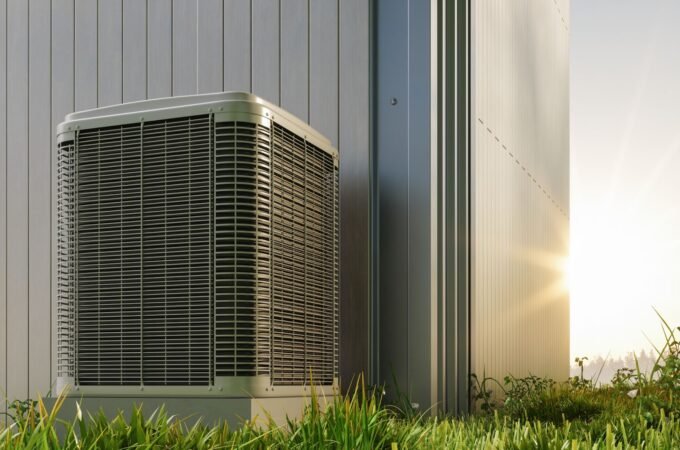
Oil Heating vs. Gas Heating: Which Is Best for You?
Are you trying to decide between oil heating vs. gas heating for your home? It can be a difficult decision, but understanding the advantages and disadvantages of each type of heating can help you make an informed choice. Keep reading to learn more about oil heating versus gas heating and which one is best for you.
Understanding the Difference Between Oil and Gas Heating
When it comes to heating your home, the decision of whether to use oil or gas can be confusing and difficult. While both fuels have their advantages, there are some key differences between the two that should be considered before making a choice. When you want to heat your home through oil heating, you will need to turn on the oil furnace. This is the main unit that pumps hot air throughout your home. The furnace uses a series of pipes to move the heated oil from the tank to the furnace. Once the oil reaches the furnace, it is heated to a high temperature and then distributed throughout your home. As the hot air passes through ducts and vents, it warms your home to the desired temperature.
On the other hand, in a gas heating system, natural gas is delivered to the building via a gas line. The gas line feeds into a gas furnace, which is a large appliance with several components. Inside the furnace, the gas is ignited and burned in a heat exchanger. The heat exchanger is a metal chamber with a series of metal tubes inside that are heated by the burning gas. As the air from the surrounding environment passes over the hot tubes, it warms up. The warm air is then pushed into the ductwork of the building via a blower fan.
The Pros and Cons of Oil Heating
Oil heating systems are very efficient and cost-effective. They heat up quickly and can provide a comfortable and consistent temperature throughout the home. Additionally, oil heating systems are relatively easy to maintain and are less prone to breakdowns than other types of home heating systems. Oil heating systems are also very flexible. You can choose from a variety of fuel types, including kerosene, diesel, and biofuel. This means that you can choose the type of fuel that best suits your budget and lifestyle.
However, oil heating systems are not without their drawbacks. For one, they are more expensive to install than other types of home heating systems. Additionally, they require more maintenance than other types of home heating systems. Oil heating systems also produce carbon dioxide and other pollutants, which can contribute to air pollution. They are also less efficient than other types of home heating systems and can be less comfortable during cold weather.

The Pros and Cons of Gas Heating
One of the main advantages of gas heating is its efficiency. Gas heating systems are known for their high-efficiency ratings, which means that they use less energy than other forms of heating and can save you money on your energy bills. Gas heating systems also provide instant heat, which means that you can heat up a room quickly and efficiently. Another advantage of gas heating is that it is more affordable than other forms of heating. Gas heating systems are typically less expensive than electric heating systems, and they are also relatively easy to install.
On the other hand, gas heating systems do come with some drawbacks. For one, they require regular maintenance and upkeep. If you don’t properly maintain your gas heating system, it can become dangerous and can cause carbon monoxide poisoning. It’s also important to be aware that gas systems can be more expensive to operate than other forms of heating, as the cost of gas is constantly fluctuating.
Overall, when deciding between oil heating and gas heating, it is important to consider factors such as cost, convenience, efficiency, and environmental impact. Both options have their pros and cons, so it is important to weigh the pros and cons of each to determine which one is the best fit for a person’s needs and lifestyle.




